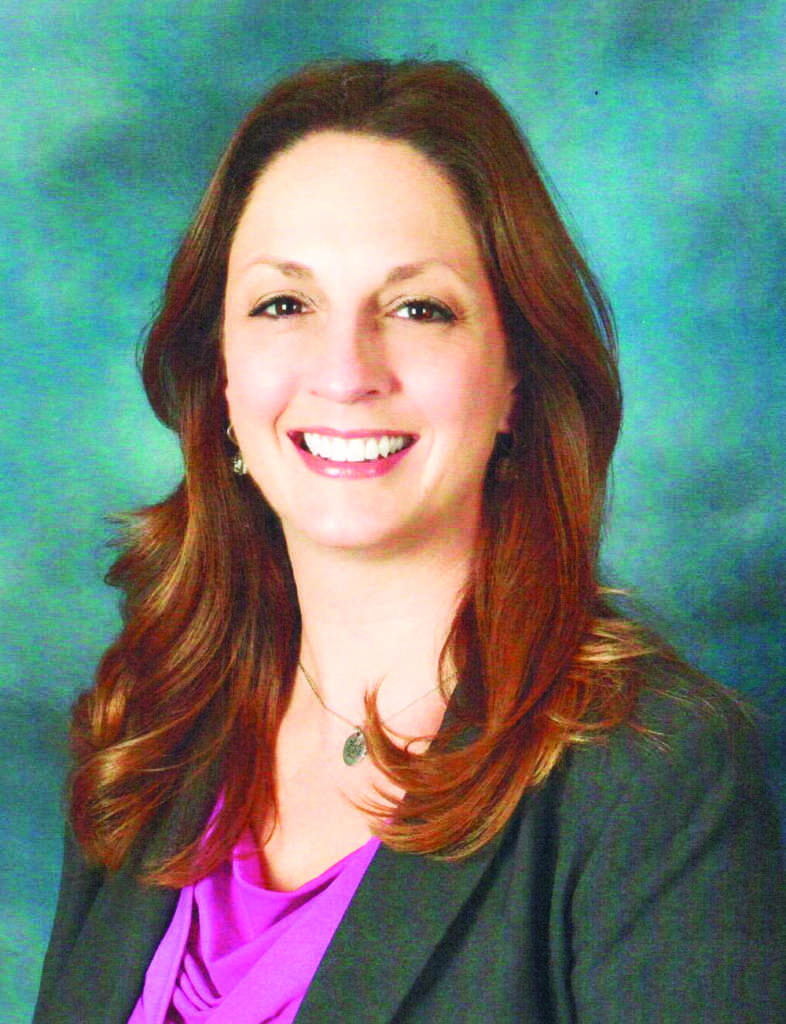As the semester comes to a close, Director of the NMU Forensic Research Outdoor Station (FROST) Jane Wankmiller is reflecting on her first year working for the first outdoor research facility to be located at a northern latitude.
Working at FROST has been an influential experience for Wankmiller. Originally, she “grossly underestimated” what it would take to create and direct such a facility.
“When I first started, I knew it was an immense project but I had no way of knowing how immense and how quickly it would take off,” Wankmiller said.
Wankmiller also had misconceptions about how much she needed to protect the research happening at the facility. Having more first-hand experience now and trust in students has changed her perspective, Wankmiller said. She no longer needs to be at FROST constantly, and students are granted their autonomy in conducting their own research––something that may not have happened initially.
“I didn’t anticipate how much fun that would be,” Wankmiller added.
Students Wankmiller gets the opportunity to work with have “blown any expectations [she] did have out of the water,” she said.
“They have great attention to detail, are very respectful toward our donors, and are very protective of the site and our research, which means a lot to me,” Wankmiller said.
Also due to the privacy of the research, Wankmiller initially had no idea that FROST would be such a nexus for collaborative research, she said. There is also a broad scope for possible research that people can do in all fields, Wankmiller said.
“We’re really building strong foundations for research in the future,” Wankmiller said.
In the future, Wankmiller is most looking forward to continuing collaborative projects with students and other professionals, she said.
One student, senior biology major Riley Jepkema, has been helping Wankmiller with “a little bit of everything,” beginning her research last May. Jepkema began helping with entomology, or the study and collection of bugs. She also collected bacterial samples and general forensic anthropology notes indicating stages of decomposition.
“Wankmiller is just fantastic. I love her,” Jepkema said.
Being a recipient of the Lundin Honors Summer Research Fellowship, Jepkema will study the gut microbiome and how it changes throughout decomposition this summer.
Jepkema has always been interested the more forensic side of biology, and since starting her work at FROST, she found that there is so much to learn surrounding the concept of death. It turns out, the physical side of death is much less scary than its made out to be, Wankmiller said.
“It’s something that happens to everyone eventually, so it’s important to accept it and learn from it,” Jepkema said.
Jepkema wants to become a medical examiner, so her research is relevant to her future, she added.
“I’ve always been very passionate about things, and I feel like I can make a difference by doing this research,” Jepkema said.
FROST as a whole has been a busy place, Wankmiller said about all the research happening.
“We continue to conduct research on our donors that we placed last semester, and we have recieved some new donations in the last couple of months, so we have students going out there most days,” Wankmiller said.
Currently, there are over 30 people interested in FROST’s donation program, Wankmiller said. More donors have been next-of-kin, rather than self-donors.
Much of the on-site research Wankmiller and her students are doing require them to go back into literature available on certain studies and seeing if their observations fit into any concepts that already exist, Wankmiller said.
“We have definitely had some observations that we think are going to be important,” Wankmiller said.
Many of their observations are anecdotal at this point, and findings will not be released until after the research is fully completed, Wankmiller added.
Wankmiller said she is also having a mycologist, or a person who studies fungi, come to FROST and conduct research.
“It’s a new angle to the studies we are doing,” Wankmiller said.
While research goes on at FROST, Wankmiller also is working to finalize the courses and curriculum for a new anthropology major revolving around forensic anthropology classes and fieldwork at FROST. She is also putting the finishing touches on the Forensic Anthropology Research Laboratory (FARL), in order for it to be fully functional after its recent construction.
Because of the cold weather, the observations that researchers are making on the remains are different in comparison to other observations at other institutions, Wankmiller said. The scales are derived from what is called a “Total Body Score,” where the body is divided into different sections and each section is individually assigned a score based on the presence or absence of certain listed criteria. The scores are summed together to create the Total Body Score, which gives an estimated post mortem stage.
“We’re working right now on customizing a scale to what we actually see out here, which I think will be helpful to our scientific community,” Wankmiller said.
For a long time, the donors have either been covered in snow or ice, and there haven’t been a lot of huge changes, Wankmiller said. Future increases in temperature would include more insect activity, and would “drastically affect” what researchers see, Wankmiller added. FROST is equipped with a weather station that can track these changes, she said.
“But, as the weather gets warmer, we’re going to start to see more significant changes more quickly,”
Wankmiller said.

























